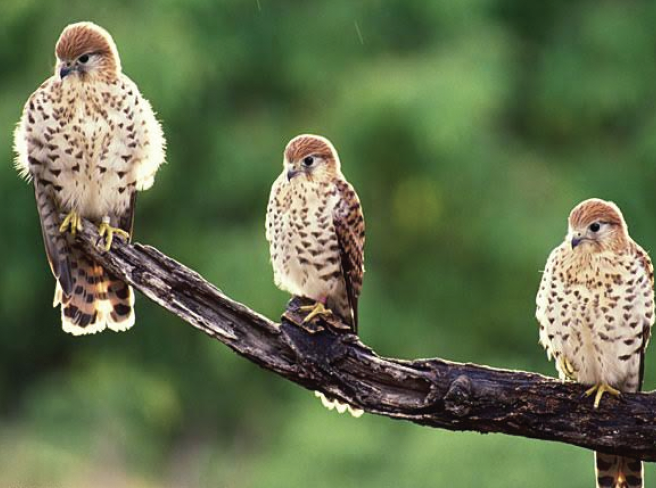
CARL JONES PH.D, who is originally from Johnstown, has been recognised for his important conservation work by being nominated for the 2016 Indianapolis Prize.
Established in 2005, the animal conservation Prize was created to bring the world’s attention to the cause and celebrate those who have made extraordinary contributions to the sustainability of wildlife.
The Indianapolis Prize is the largest individual monetary award given for animal conservation in the world and is one of the ways the Indianapolis Zoo empowers people and communities, both locally and globally, to advance animal conservation.
Every other year, the Indianapolis Prize team invites the conservation community to nominate candidates whose significant achievements demonstrate a positive impact on an animal species or group of species that is likely to improve long-term sustainability.
By way of a two-tiered judging process, nominees are vetted by highly respected conservation experts from around the world. A nominating committee selects six finalists, followed by a jury who chooses the winning conservationist.
The winner of the Indianapolis Prize is awarded an unrestricted cash prize of £250,000, sponsored by the Eli Lilly and Company Foundation, in addition to the prestigious Lilly Medal. Each of the finalists are also awarded an unrestricted cash prize of £10,000.
At the beginning of the month, Carl Jones Ph.D was revealed to be one of the six finalists. The professor helped to establish Mauritius’ first national park and increased the island’s biodiversity, he is a scientific director for the Mauritian Wildlife Foundation and is a chief scientist for the Durrell Wildlife Conservation Trust.
Professor Jones received his masters of science and his doctorate at the University of Wales in Swansea and he currently splits his time between Wales and Mauritius, where he continues to work.
Hundreds of years after the dodo, a flightless bird from the island of Mauritius, became extinct, its relatives on the island came close to a similar fate. Thanks to the tireless work of Professor Carl Jones, species such as the pink pigeon, the echo parakeet and the Mauritius kestrel were brought back from the brink of extinction and the island is now experiencing a rebirth.
Mauritius had lost more than 95% of its biodiversity by the late 1970s and with only four Mauritius kestrels left in the wild, making them the rarest bird in the world, Professor Jones began his work to save the species.
He was the sixth biologist to work with the species’ restoration, but where others failed, he persisted. One decade later, he had successfully reared and released 333 Mauritius kestrels in the wild.
The professor noted that all Mauritian species have a distinctly important ecological function while nurturing the Mauritius kestrels. From the echo parakeet to the giant tortoises, Professor Jones found that to save one species, you have to save them all.
He became a pioneer for population management techniques and reversed the decline of the island’s most endangered species.
Carl Jones Ph.D has driven recoveries in seven birds, seven reptiles and two mammal species which are – or were – globally threatened.
“Inspiring this new renaissance for wildlife and creating broadly applicable techniques for other conservation models is why Jones has advanced as a Finalist for the 2016 Indianapolis Prize,” said a representative from the Indianapolis Zoological Society, which administers the Indianapolis Prize as part of its core mission.
Michael Crowther, the president and CEO of the Indianapolis Zoological Society, said: “Carl and the Finalists for the Indianapolis Prize are heroes in many senses of the word.
“They’ve sacrificed their own selfinterests to help others, and they’ve overcome seemingly insurmountable obstacles. Our world is unquestionably better off because of Professor Carl Jones, and we hope others will not only take notice of, but also join in his noble work to save wild things and wild places.”


















Add Comment